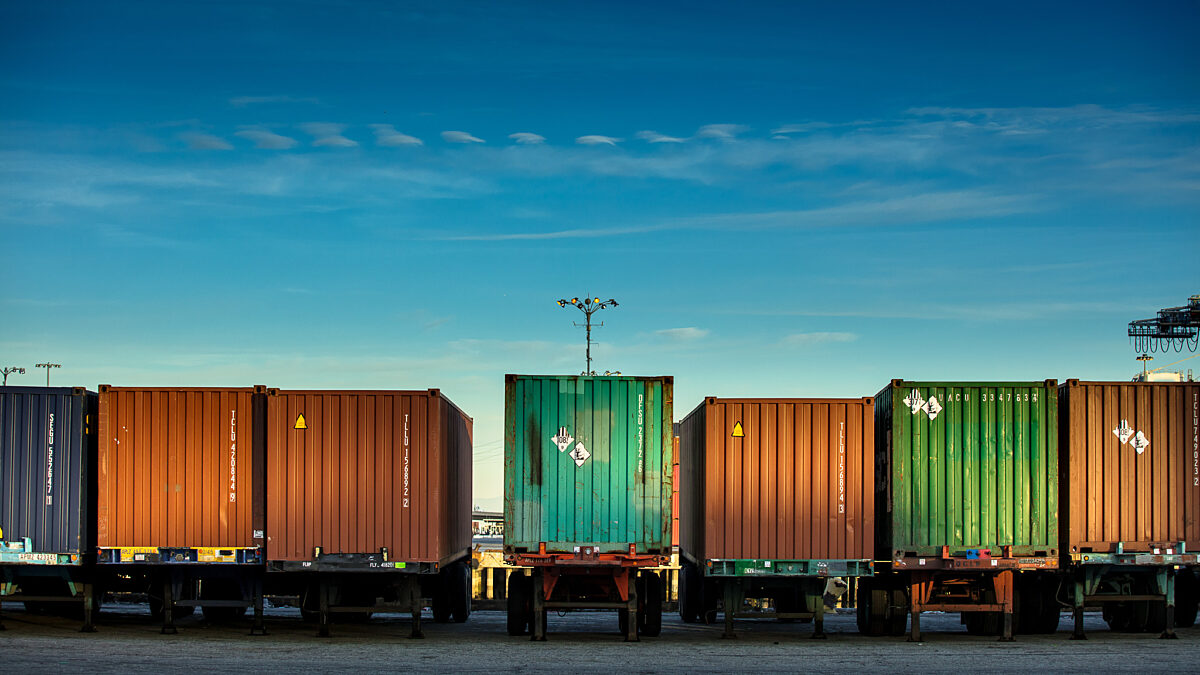Time to End the Tariffs Race
TOPICS
TradeZippy Duvall
President

photo credit: Getty
Zippy Duvall
President
Tourists from all over the world are visiting our nation’s capital to see a symbol of international friendship and cooperation. The cherry blossom trees, a gift from Japan to the United States in 1912, are in bloom. While visiting Washington, D.C., some of those tourists might also make their way to the National Zoo, home of two giant pandas currently on loan from the China Wildlife Conservation Association. The panda exhibit began back in 1972 when the Chinese government gave two pandas to the U.S. following President Nixon’s visit to China.
Against this backdrop of good international relations, however, a conflict is escalating between the U.S. and China. China has engaged in unfair trade practices for years, and now the U.S. is reacting with tariffs intended to bring China to the negotiating table. Instead of negotiating to stop the tariffs and agree to fairer trade terms, China has responded by escalating the situation with higher tariffs on U.S. goods, with agricultural products in the crosshairs.
This is a dangerous game we are playing, with U.S. agriculture at risk of being the loser.
No matter who started it, it’s time to stop it. U.S. – China trade is too important, to both countries, to let this fight continue and escalate further.
As important as our $21 billion in agricultural exports to China are to farmers’ and ranchers’ livelihoods, the broader U.S. market for everything from clothing and computers to televisions and toys is much more important to China. China’s exports to the U.S. exceeded $500 billion in 2017. China has a lot to lose in this battle. That’s why just this week Chinese President Xi Jinping said in a speech that China would work to widen market access. That promise is a step in the right direction. It means there is hope we can avoid additional tariffs on our ag exports.
This is a dangerous game we are playing, with U.S. agriculture at risk of being the loser. At risk is $12 billion a year in soybean exports, half a billion dollars a year in pork and cotton exports, millions in fruit and nut exports, and more. All of this comes at a time when farm income is at a 16-year low. Farmers are patriotic, but they cannot hold on for long without their markets.
Let’s hope and pray that international goodwill is as alive today as it was when the first pandas arrived and the first cherry blossom trees were planted. It’s time to negotiate and stop this tariffs race.
Zippy Duvall
President
Vincent “Zippy” Duvall, a poultry, cattle and hay producer from Greene County, Georgia, is the 12th president of the American Farm Bureau Federation.
Trending Topics
VIEW ALL